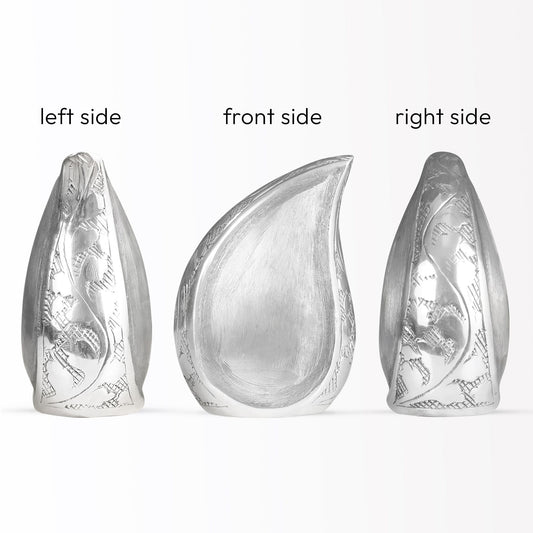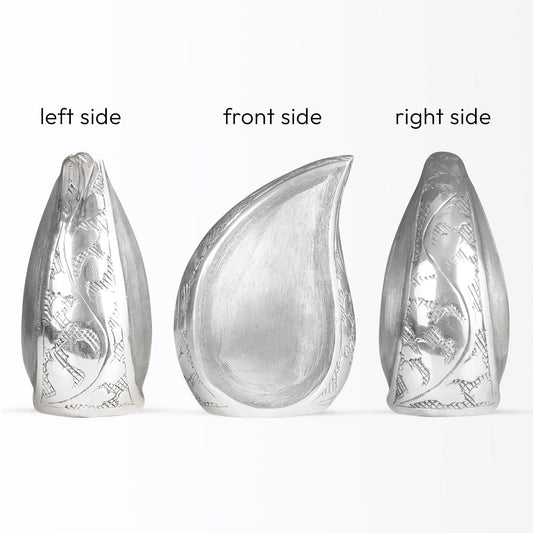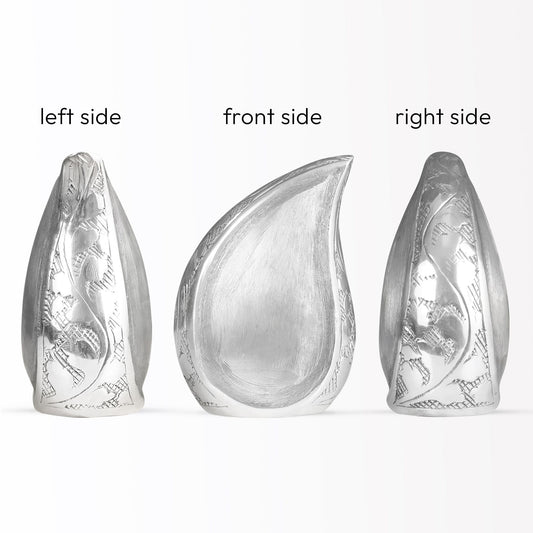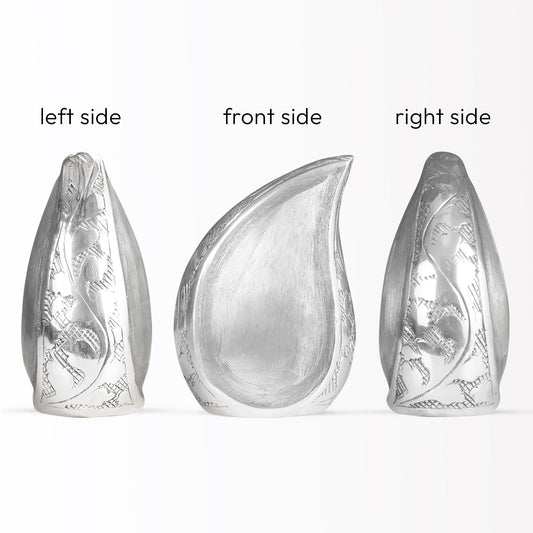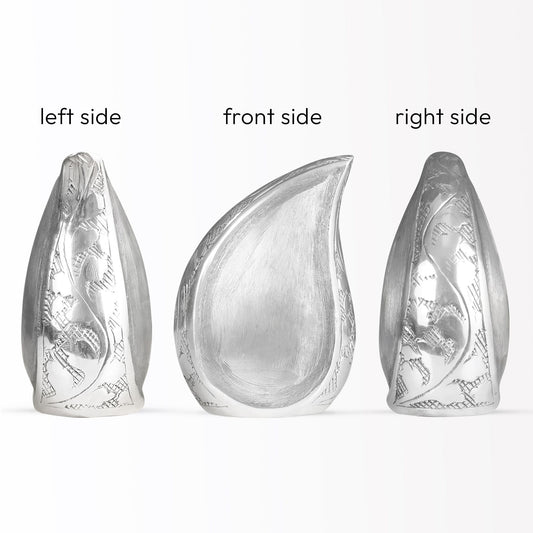Popular Urns
An Exploration of The Cremation Laws Of Ohio

In Ohio, cremation becomes one of the methods of end-of-life planning that is rapidly gaining popularity in modern society. The cremation laws of Ohio, in its Ohio Revised Code, establishes a framework and manner by which cremations should be conducted-to ensure that they are treated humanely and with dignity.
However, no law is without its disadvantages and loopholes; thus, an overview of Ohio's cremation laws will prove prudent for families.
In Ohio, the law governing cremation can be found in several statutes. These are mostly located within Chapter 4717 of the Ohio Revised Code. There are several essential requirements that must be met before a cremation: first, a signed authorization form must be obtained from the legal next of kin or an authorized representative. Such a form would be taken as an official consent for the cremation process and should especially identify who the deceased is.

In addition, Ohio law requires that the decedent be identified from official documents. Another requirement is that a 24-hour wait between the time of death and the cremation must transpire, unless waived by a medical examiner. This waiting period will permit families the opportunity to absorb their loss and settle arrangements.
Benefits of Ohio Cremation Laws
1. Cost-Effective The first benefit of cremation is that it is more cost-effective compared to the burial approach. Here, many families will find it relatively cheaper than burying their relatives since it will not require a casket and burial plots.
4. Environmental Factors: The individuals who are interested in land use and environmental factors might prefer cremation instead of burial because it also requires lands and caskets and graves.
Loopholes and Challenges
Ohio's cremation laws also help give back to the deceased and their families. However, there are loopholes and challenges, among them, which includes:
1. Third-Party Service With Little Oversight: The third-party service may be entrusted to the family members, without any guarantee that they are performing the operation at par with the licensed crematories. This sometime raises questions about both quality of service and ethics.
Ohio's cremation laws outline a framework that is designed to ensure proper, respectful, and ethical treatment of the deceased. On the plus side, there are huge opportunities in cremation: a cost-effective way of laying the deceased to rest and flexibility in the choice of final care.
Still, there are downsides and loopholes to which families must address themselves. Hence, it is crucial to understand the laws as they relate to cremation and memorialization in order to make decisions about how to honor loved ones appropriately.
ALSO READ:
About Cremation Laws in Florida























